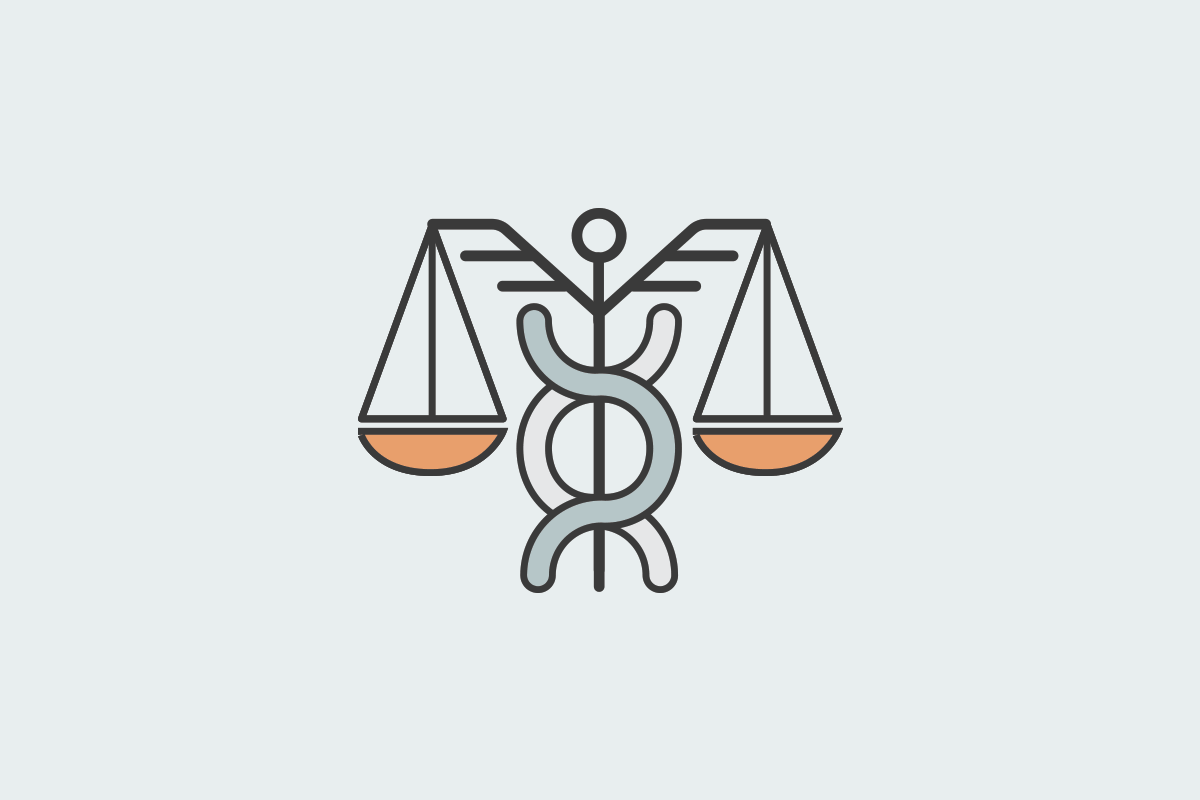It should come as no surprise that the spaces we occupy every day have a huge impact on our overall wellness. The Environmental Protection Agency and Vancouver Coastal Health report that Americans and Canadians spend about 90% of their time indoors. But what about the time we spend outdoors?
Your Welcoa membership has expired.
Should Large Employers Mandate the COVID19 Vaccine?
The following article does NOT constitute legal advice and should not be used as such. It is for educational purposes only. Readers should retain legal counsel to obtain definitive answers.
As discussed in previous blog posts, on September 9, 2021, President Biden announced his Path Out of the Pandemic plan through a press conference. That press conference discussed a COVID19 vaccine mandate for employers with 100 or more employees. President Biden tasked the Occupational Safety and Health Administration (OSHA) with drafting emergency temporary standards to flesh out the details of this mandate. According to one source, those emergency standards should be coming out in the next month or so.
In the meantime, employers may be wondering whether they should impose a COVID19 vaccine mandate even before OSHA releases its standards. Employers may fear moving forward with COVID19 vaccine mandates for their employees before knowing what the OSHA standards will provide. One big concern might be losing much-needed workers. For example, employers might be afraid that a COVID19 vaccine mandate may cause employees to quit their jobs. However, thus far, only a very small percentage of workers have actually quit their jobs in response to an employer’s vaccine mandate (even though surveys suggest otherwise). See https://www.marketwatch.com/story/all-that-tough-talk-over-quitting-jobs-over-a-covid-vaccine-mandate-is-really-just-idle-threats-11632491048.
Despite these employer fears, there are reasons to forge ahead anyway, especially for those employers who have been leaning toward imposing such a mandate. This blog highlights the reasons for adopting a vaccine mandate now rather than waiting for OSHA.
1. The Biden Administration is Asking Employers to Comply Early
The President is praising companies who are jumping ahead and imposing their own COVID19 vaccine mandates. One White House Official recently stated “There is no reason to wait to put forth these requirements and we encourage every company to do what will boost vaccinations.” Since OSHA leadership reports to the White House, it is unlikely that OSHA would penalize employers who move ahead with a COVID19 vaccine mandate before its standards appear. In fact, it sounds like those employers will be helping out OSHA in getting more employers to comply.
2. Legal Challenges to the Biden Vaccine Mandate are not likely to Hold Up the Standards
According to one source, the states of Texas, Florida, Ohio, and Arizona are among the dozen or more states that have threatened to sue over the OSHA standards once they are released. The expected arguments in those cases are likely to be that:- OSHA doesn’t have Constitutional authority to issue the rules;
- The standards are unnecessary; and/or
- The standards are overly burdensome or discriminatory.
A number of legal experts have opined that OSHA’s standards have a good chance of defeating any legal challenge. This is mostly because of the severe, national (and international) impact COVID19 has had on the economy and people’s lives. Even if a court rules that OSHA’s standards are overly burdensome or discriminatory, it is unlikely that the standards will be wiped out altogether. Instead, a legal expert expects the standard to be rewritten to be less burdensome. Experts also believe that the OSHA standards, once issued, are likely to become effective immediately, and that businesses that fail to comply could face fines of up to $14,000 or more.
3. Thus Far, Courts Have Ruled in Favor of Employer COVID19 Vaccine Mandates
At least two lawsuits have been decided by federal courts regarding employer COVID19 vaccine mandates. Both cases involved hospitals requiring employees to get vaccinated or lose their jobs. In both cases, Jennifer Bridges, et. Al v. Houston Methodist Hospital and Christy Beckerich, et. Al v. St. Elizabeth Medical Center, the federal courts rejected the employees’ arguments that their employer violated their personal right to privacy and freedom when they mandated the COVID19 vaccine. In both cases, the federal courts concluded that having a job is not a right. The employees in both cases could choose to quit their jobs if they didn’t like the vaccine mandate. The courts pointed out that employers infringe on employee liberties every day, by asking employees to wear certain uniforms, report for duty at certain times, leave work at a certain time, sit at a certain desk, or work on certain tasks. That is the nature of working for an organization. So too, according to the courts, is requiring employees to get vaccinated as a condition of employment.
These decisions, as well as the support of the current administration and legal authority behind the issuance of the OSHA rules, can help justify employer decisions to move forward with requiring COVID19 vaccines.
If you would like help in drafting COVID19 vaccination policies to ensure proper implementation of mandatory vaccines, contact the Center for Health and Wellness Law, LLC.

Barbara J. Zabawa
President of the Center for Health and Wellness Law, LLC
wellnesslaw.com
Health Promotion Program Legal Updates*
Every 3rd Wednesday from 10:00–11:00 AM CT
*This is an exclusive WELCOA Member Resource.




